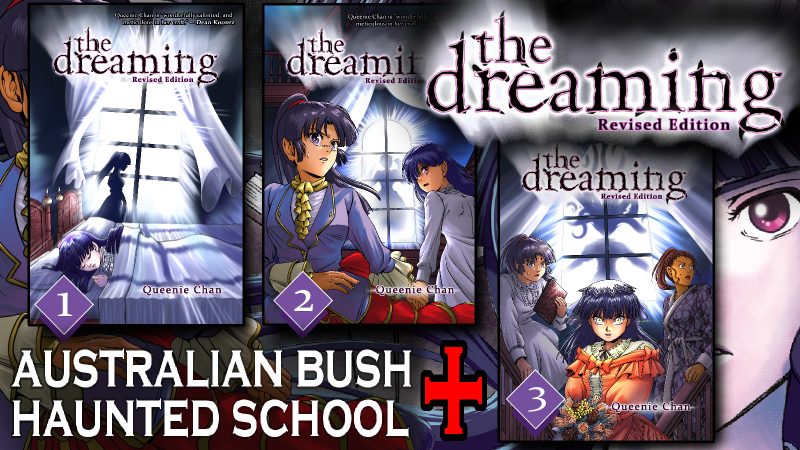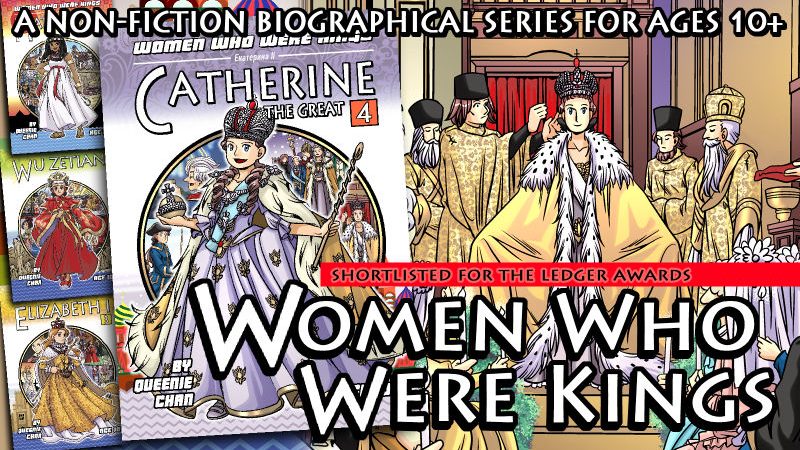“Short Ghost Stories: The Man with the Axe in his Back” is an experimental book I finished recently, a series of 8 short ghost stories. I first wrote them in proseformat, and then converted half of them into comics-prose. The purpose of this is to explore the best way of creating comics-prose – whether by converting a prose story, or by converting a comics story.
As a result, there are TWO versions of the same book. One with all 8 stories in prose-only format, while the other has 4 of the stories converted into comics-prose. In terms of conversion, it was successful… but ultimately, I found that it’s best to convert a COMIC into comics-prose, as I’ll explain further on in the past.

———————————————————————-
BUY AS EBOOK @ $4.99:
(Discounted to $2.99 until 31st August 2014)
- Buy from Amazon, Smashwords (PDF or EPUB), Apple iBooks, or Nook.
BUY AS PROSE-ONLY EBOOK @ $2.99:
- Buy from Amazon, Smashwords (PDF or EPUB), Apple iBooks, or Nook.
———————————————————————-
Table of Contents
You can sample the stories on my site. I’ll be posting half of the comics-prose stories up on this site, starting in August 2014!
- The Man with the Axe in his Back – Read Sample
- Cassie and Lassie – Read Sample
- The Hollow Tree – Read Sample
- Civilised People – Read Sample
- Mother and Son – PROSE – Read Sample
- The Hollow Graveyard – PROSE – Read Sample
- Casey and the Dog-Faced Boy – PROSE – Read Sample
- The Man with the Rope around his Throat – PROSE – Read Sample
Thoughts on “Comics-Prose”
I’ve learned more about doing comics-prose through doing these stories, and my conclusion is this: Comics-prose is COMICS. I used to think that it’s 50/50 prose-comics, perhaps leaning more towards prose, but I turned out to be wrong. I started doing comics-prose by taking my comics and turning some of the panels into prose, and I find that this is actually MUCH easier than the other way around.
Turning my prose stories into comics-prose was HARD. Perhaps it was the way I write, but that’s why I managed to only turn half the stories into comics-prose. I found that often times things needed to be rewritten, but most of all, redundancies tended to pile up. There’s also this problem I call “prose-picture” tautology, which is where you have a picture of something, followed by prose that describes what happens in the picture, or PART of what happens. This is normal and not completely avoidable, but it seems to happen a LOT more when I converted prose into comics-prose, leading to rewrites.
My conclusion is the comics-prose is actually a form of compressed story-telling in comics. Manga is the ultimate in decompressed story-telling, and oddly enough, this form of comics story-telling is meant to compress manga-style story-telling.
Thoughts on professional copy-editing
I hired a professional copy-editor that works for a large publisher for this project, and while it was an interesting experience, I’m not sure I’ll do it again. It’s not the price, which was reasonable, nor the quality, which was good. It’s because the copy-editor, while managing to spot a few inconsistencies in the stories, also managed to INTRODUCE inconsistencies.
This became a huge problem between the comics-prose and prose-only versions of the story – ultimately, it became hard to reconcile the two versions using the same text. I imagine in the future, the comics-prose and prose-only versions of the same story will HAVE to be copy-edited separately. Which is too much hassle, so I just won’t bother (for now).






